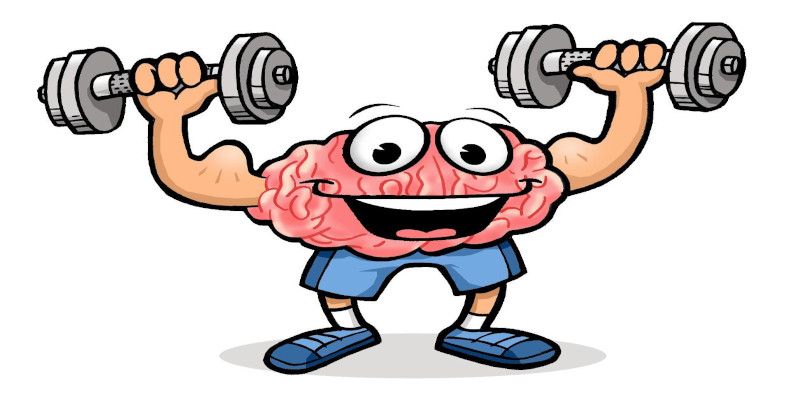Table of Contents
ToggleExercise is an incredibly important part of our day-to-day health routine. Physical activity not only helps to keep us physically fit but also has a direct impact on the condition of our mental well-being.
If you’re like most people, this concept may seem obvious; however, many don’t realize there is science and research behind why exercise can benefit mental health.
In this blog post, we’ll explore the latest scientific evidence regarding how regular movement impacts your brain in both positive and negative ways. You’ll learn why it’s essential for maintaining optimal emotional well-being and discover simple tips for incorporating more movement into your daily life to maximize its potential benefits.
Read on to unlock fantastic facts about exercise and your brain!
Exercise and Mental Health

Exercise is an essential part of our lives, as it helps to keep our bodies healthy and in shape. But what many may not be aware of is that regular physical activity can have a positive impact on our mental health as well.
Recent scientific studies have found that exercise can boost mood, improve cognition, and reduce anxiety and depression.
When we engage in physical activity, endorphins are released in the brain. These chemicals act as natural painkillers and bring about a feeling of euphoria. This phenomenon is often referred to as a “runner’s high” or “exercise high,” it can help promote relaxation and positive thinking. Exercise also increases blood flow to the brain, which improves cognitive function and alertness.
Regular movement can even increase the production of serotonin, a neurotransmitter responsible for regulating moods and feelings.
With higher levels of this chemical in the brain, people may experience fewer symptoms related to anxiety or depression. In addition, exercise encourages social connectedness by allowing people to come together with others who share similar interests or goals.
The Long-Term Benefits of Exercise for Mental Health

- Improved mood and reduced anxiety and depression.
- Increased endorphins, serotonin, and blood flow to the brain for improved cognitive function.
- Strengthened social connectedness by allowing people to come together with others who share similar interests or goals.
- Enhanced self-esteem through increased physical strength and confidence.
- Greater resilience in stress due to improved coping skills from regular movement.
Simple Tips for Daily Movement
- Interval training
Interval training involves short bursts of high-intensity physical activity followed by rest or low-intensity activity. This exercise is especially beneficial for mental health because it helps stimulate the production of endorphins and serotonin.
Additionally, interval training can be done relatively quickly and requires minimal equipment, making it an ideal choice for busy individuals.
- Find an exercise plan that you like
It’s also important to find an exercise plan you enjoy, as this will help you stay motivated and consistent with your routine. This may mean joining a gym class or signing up for personal training sessions for some individuals.
Others may prefer solo activities such as running, cycling, or yoga. In addition to finding activities that you enjoy doing regularly, it’s essential to prioritize self-care and rest days throughout the week.
- Employ relaxation techniques to wind down

Allow yourself time to engage in relaxation techniques such as meditation or deep breathing exercises. These practices can help reduce stress hormones while boosting serotonin levels in the brain for improved mental wellness.
- Supplement your training with creatine supplements
Finally, consider supplementing your regular workout with
quality creatine supplements, as these can help increase muscle strength and size while improving cognitive function and alertness during workouts.
Conclusion
Regular exercise is essential for optimal mental health. It can reduce stress hormones while increasing the production of endorphins and serotonin, leading to improved mood and cognition.
Additionally, physical activity encourages social connectedness and provides numerous opportunities for self-care.
To maximize its potential benefits, incorporate interval training into your routine, find activities you enjoy doing, and supplement with quality creatine supplements if possible.
With these tips in mind, start integrating movement into your life today!

